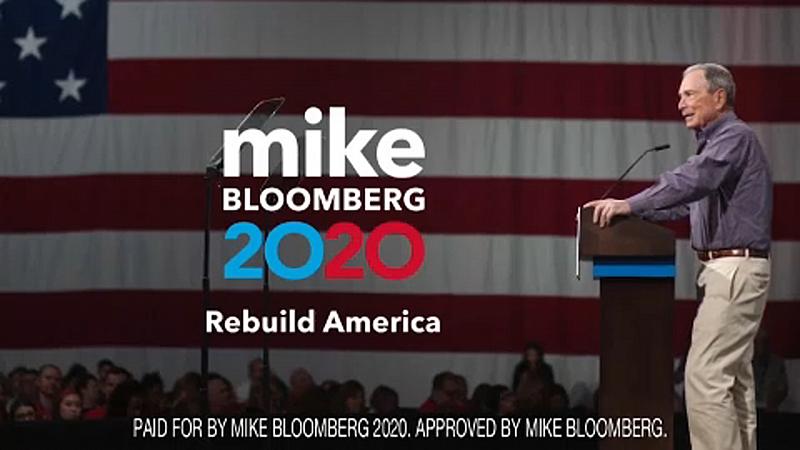Mike Bloomberg’s presidential campaign moved today to exploit the chaotic outcome of the Iowa caucuses, escalating an already enormous campaign of television advertising and publicly making the case that a messy outcome in the early states opened the way for Mr. Bloomberg.
Bloomberg, the former New York City mayor whose campaign is fueled by a multibillion-dollar personal fortune, conferred with advisers this morning about the muddled results in Iowa.
Encouraged by the murky outcome, Bloomberg authorized his campaign team to double his spending on television commercials in every market where he is currently advertising and expand his campaign’s field staff to more than two thousand people, strategists involved in the conversations said.
The Bloomberg campaign has been trying to chart an unprecedented route to the Democratic nomination, skipping the first four contests in February but aggressively contesting the array of larger states that begin voting in March.
From the outset, Bloomberg’s advisers believed the strategy would only have a chance of working if another moderate candidate — most likely former Vice President Joe Biden — failed to emerge from February with a decisive upper hand in the race.
In an interview on Monday in Compton, Calif., Bloomberg was unusually blunt about his campaign spending strategy and his intent to seek advantages while his rivals toiled in the four early states, which have relatively few delegates needed to win the nomination.
“It’s much more efficient to go to the big states, to go to the swing states,” Bloomberg said. “The others chose to compete in the first four. And nobody makes them do it, they wanted to do it. I think part of it is because the conventional wisdom is ‘Oh you can’t possibly win without them.’”
Later, he added: “Those are old rules.”
Bloomberg hopscotched through California on Monday, trying to rally supporters on the same day early voting began in the delegate-rich state.
He began his day in a Sacramento coffee shop, stopped at Fresno City College and ended at a community center in Compton.
Many of those in the crowds said they were undecided, but were drawn to Bloomberg because they believed his fortune would give Democrats the best chance to beat President Trump in the fall, though they remained undecided on their preferred candidate.
Tanya Young, a 39-year-old actor who lives in Compton, said that while she respected “the halo Biden has for working with Obama,” she was not convinced that any of the other Democratic candidates could win, and was particularly impressed by Mr. Bloomberg’s past contributions to other Democrats and his promise to back whoever wins the nomination.
“He’s not a stupid man and if he did not see a path, he would not be doing this,” she said.
Though his California crowds were largely enthusiastic, in both Fresno and Compton, his events were briefly disrupted by a few protesters who were critical of an ultrawealthy candidate for president. In Compton, one man held up a sign that read, “Billionaires should not buy elections.”
Today, Bloomberg’s campaign announced a fresh list of endorsements from more than a dozen mayors around the country, as well as prominent former mayors of big cities including Houston, Tampa and Chattanooga.
The campaign also released a new advertisement scheduled to air today on cable stations nationally, as a preemptive response to the State of the Union address.
The spot focuses on criticism of Trump, calling the country “a nation divided by an angry, out-of-control president” and saying that the White House is “beset by lies, chaos and corruption.”
Just as he did during his campaign swing in California, the advertisement tries to portray Bloomberg as the candidate who is best equipped to beat Trump in November.
Bloomberg has faced little resistance so far from other Democratic candidates, who have focused instead on jockeying for position against their rivals who are competing in the February primary and caucus states.
But as he becomes a more immediate threat, he is likely to face new criticism of his extreme wealth and long record in public life.
